In large part due to the profits of earlier exploration and colonisation, Britain in 1837 was a country rising to undisputed dominance of industry, intellectual life, global markets, and the Atlantic world. During the subsequent 63 years, it would become the greatest empire in history. This course will study Britain ‘inside and outside’ the Imperial experience, looking at rival arguments about what fuelled the industrial revolution; why Britain did not experience a violent political revolution; and why Chartism failed but Parliamentary reform succeeded.
Using contemporary newspapers, advertisements, documents and other primary texts, we shall also look at the London poor, the Victorian mode of social reform, and the growth of Victorian consumerism and media outlets, considering how the interaction of all these forces contributed to the collective panic about crime, from Spring-Heeled Jack through the garrotters to Jack the Ripper. The course asks important questions about the Victorian imperial influence, using case studies of Ireland, India and the so-called ‘scramble for Africa’ to consider the key roles of racism and power in shaping the historical period.
Related study trip
The trip goes to Bristol, a prosperous port city with a pivotal role in the transatlantic trade in enslaved Africans; and includes a visit to the marvellously restored SS Great Britain and the gothic stately home, Tyntesfield House.
ASE reserves the right to change the content of course-specific study trips where necessary.

